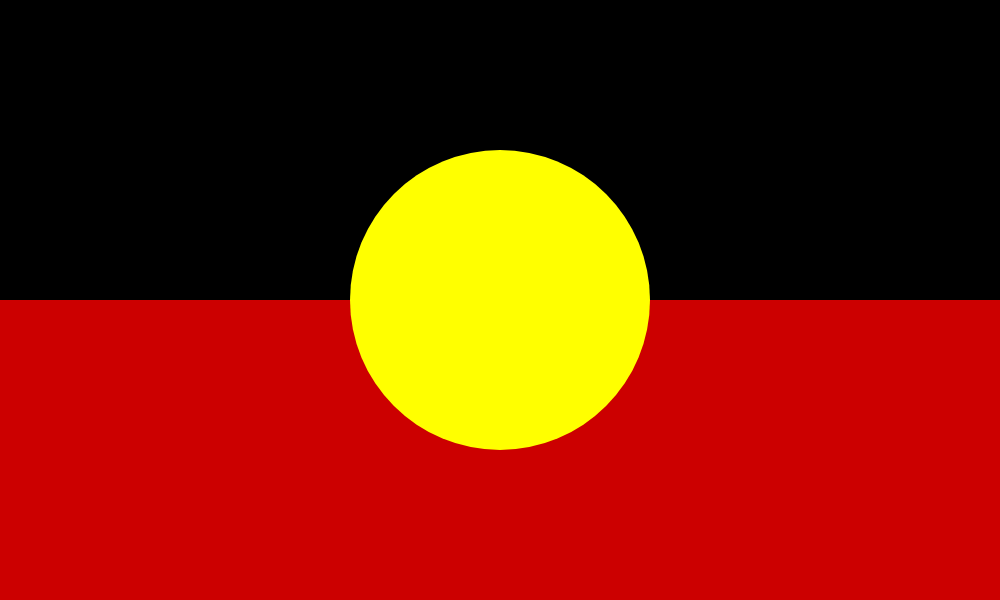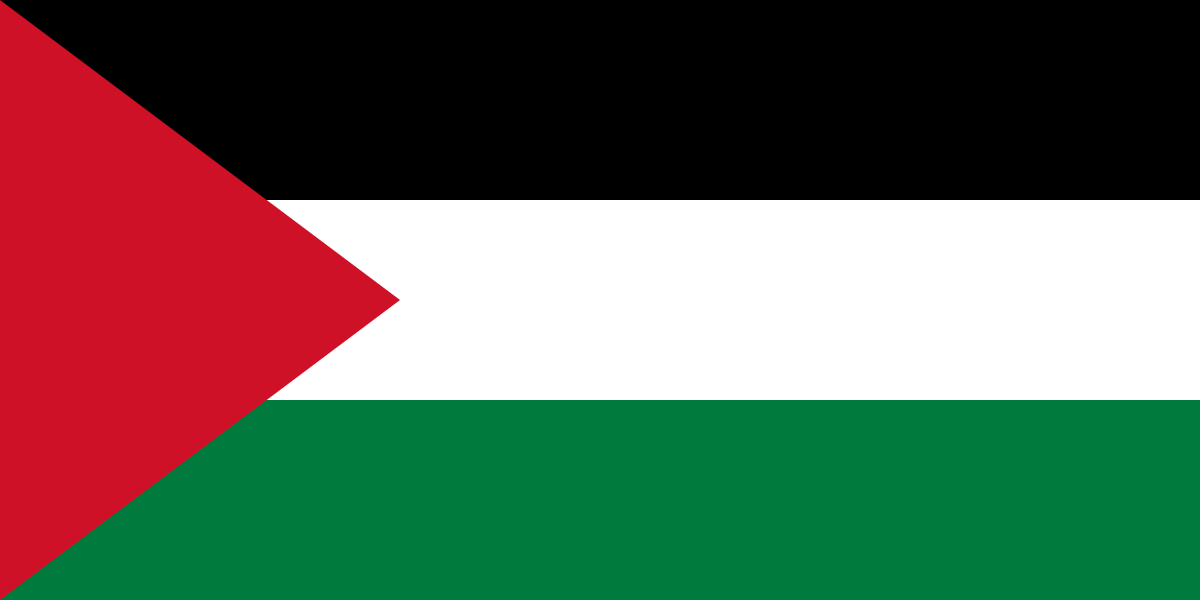Not everyone respects that right. But the Wampanoag are determined to continue, saying their work is an essential expression of 12,000 years of heritage, sovereignty, and lifeways.
Pocknett, a member of the Wampanoag tribe, is a regular here on Mashpee’s Little River, a stretch of Cape Cod ringed by multi-story homes, each with its own private dock. He knows all the good fishing spots—or at least, what were once good fishing spots—along the murky perimeter.
Pocknett steered down a gravel driveway and parked between two wind-worn wooden houses, unfurling his 6’7” frame from the driver’s side, boots first. He hefted a 50-pound rake and stack of plastic baskets from the bed of his truck and tramped toward the river, ignoring the “private property” warnings staked around the backyard. Like his ancestors for 12,000 years, he had come to this river in search of a hard-shelled clam known as a quahog, and no amount of anti-trespassing signs could keep him away.
Low-lying Mashpee is carved from water: from mosquito-bogged marshes, pine-shrouded ponds, and rivers that wind in brackish ropes past condos and golf courses. Since the 1970s, much of the town’s waterfront has been privatized and developed by nonmembers of the Wampanoag tribe.
The manicured and serene landscape above the waterline belies tremendous damage below, where shellfish and finfish have thinned—and in some cases disappeared—due to nitrogen pollution emitted from multi-million–dollar developments and their septic tanks. Stripped of land and resources, a dwindling group of Mashpee’s Wampanoag is committed now more than ever to asserting their rights to hunting and fishing.
These “Aboriginal rights,” as they’re legally known, are reflected in treaties between the U.S. and sovereign Indigenous nations, and grant unlimited harvests, even from private property. But not everyone on Cape Cod respects these rights, sometimes resulting in screaming matches and 911 calls. Wampanoag fishers, like Pocknett, are forced to shrug it off. Their work, they say, is to both triage a dying ecosystem and continue an essential expression of their heritage, sovereignty, and lifeways.

